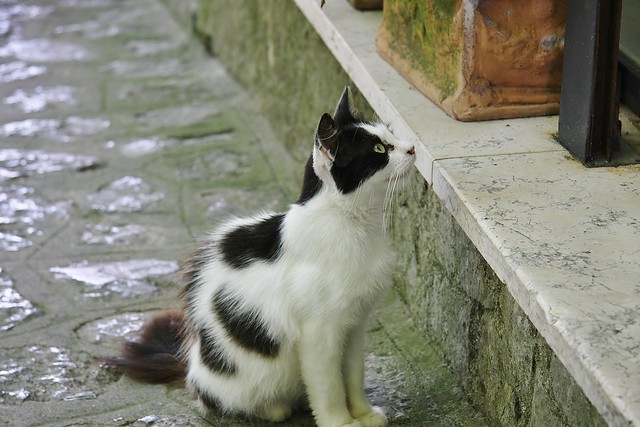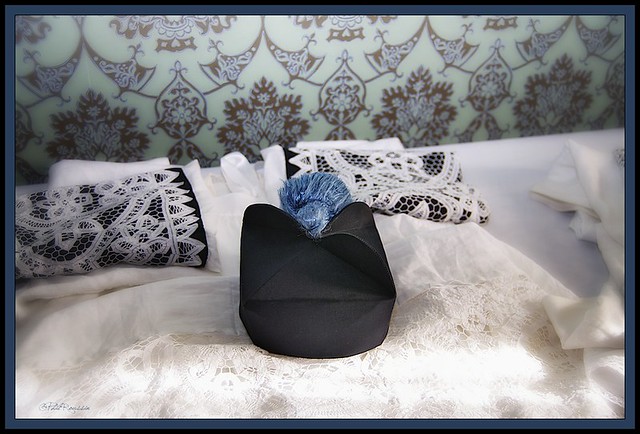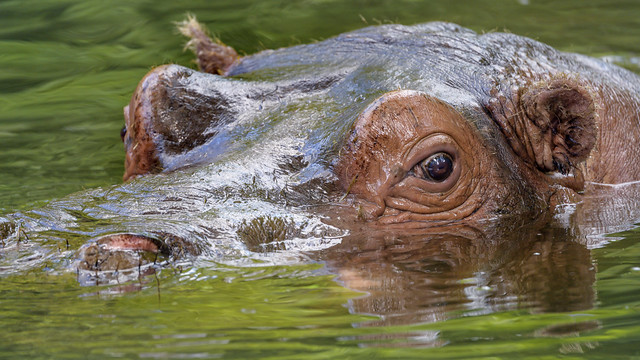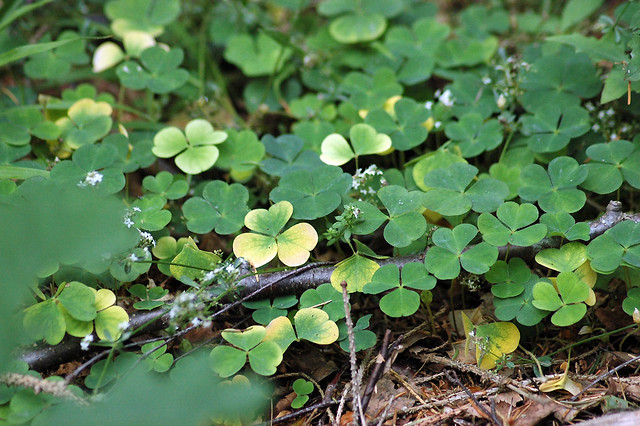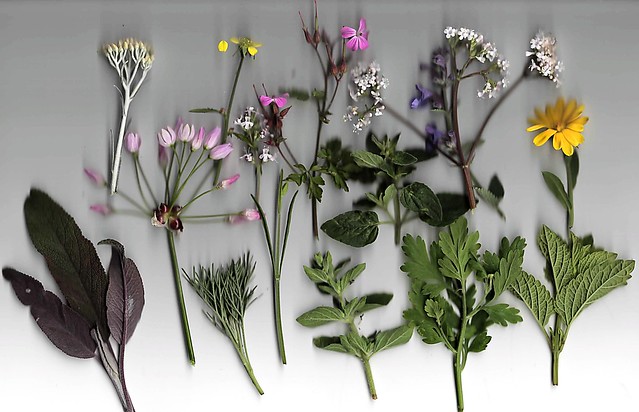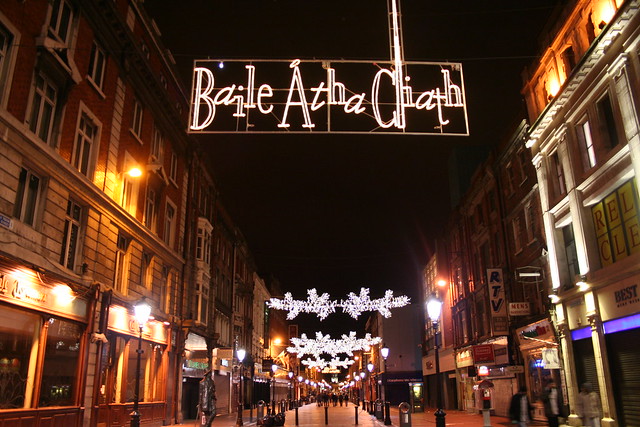Podcast: Play in new window | Download
In this episode we find out what links the word truant with words for beggar, wretch and related things in Celtic and other languages.
Truant [ˈtɹʊənt/ˈtɹuː.ənt] means:
- Absent without permission, especially from school.
- Wandering from business or duty; straying; loitering; idle, and shirking duty
- One who is absent without permission, especially from school.
It comes from Middle English truant/truand (one who receives alms, a begger, vagabond, vagrant, scoundrel, rogue, shiftless or good-for-nothing fellow) from Old French truand (vagabond, beggar, rogue), either from Gaulish *trugan (wretch), or from Breton truant (beggar), possibly from Proto-Indo-European *terh₁- (to rub, turn, drill, pierce) [source].
Related words in the modern Celtic languages include:
- trua [t̪ˠɾˠuə] = pity, sympathy, compassion, miserable person or wretch in Irish.
- truaghan [truəɣan] = poor soul, poor thing or wretch in Scottish Gaelic
- truanagh = miserable, mournful or sorrowful person in Manx
- truan = wretch, miserable person; wretched, miserable, pathetic, poor or weak in Welsh
- truan = sad, miserable, unfortunate or wretched in Cornish
- truant = beggar in Breton
Other words from the same Proto-Celtic root include truand [tʁy.ɑ̃] (crook, gangster, beggar) in French [source], truhan [tɾuˈan] (scoundrel, scammer, swindler, rogue, crook, [historically] jester, buffoon) in Spanish, truão (jester) in Portuguese, and trogo (jester) in Galician [source].
Incidentally, words for truant in Celtic languages include: fánach in Irish, air falach in Scottish Gaelic, truggan in Manx, and triwant in Welsh.
What do you call the action of playing truant?
For me its skiving (off) and when you do it, you’re a skiver.
Here’s a video I made of this information:
Video made with Doodly [afflilate link].
You can find more details of these words on the Celtiadur blog. I also write about words, etymology and other language-related topics on the Omniglot Blog.
Radio Omniglot podcasts are brought to you in association with Blubrry Podcast Hosting, a great place to host your podcasts. Get your first month free with the promo code omniglot.
